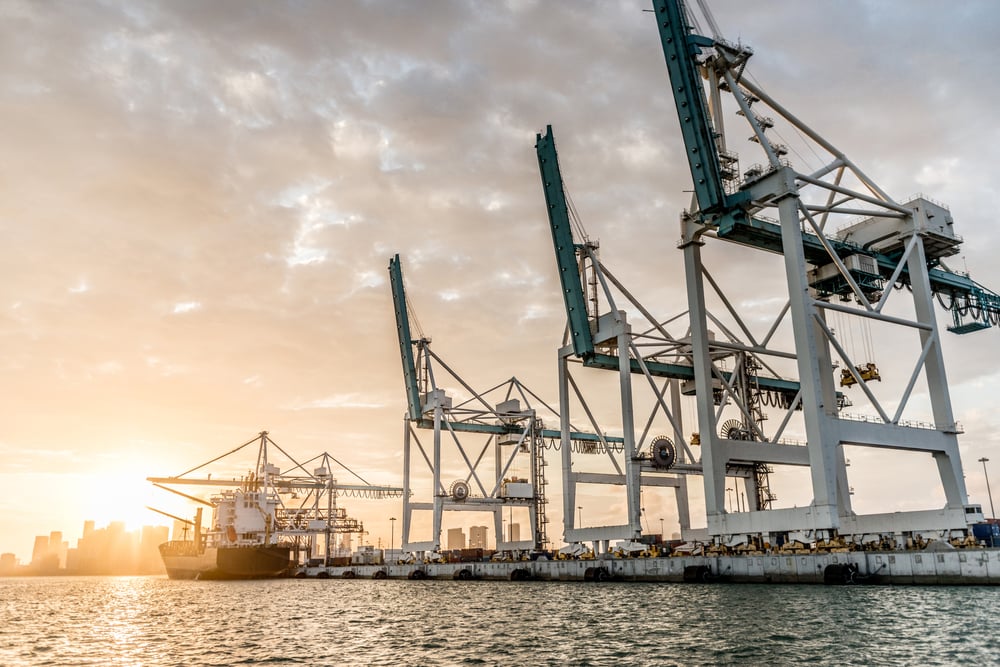On 6th February, a catastrophic earthquake hit southern Turkey and northern Syria, killing tens of thousands of people, affecting millions more and causing widespread damage. Hundreds of buildings have been destroyed and chances that rescuers could find more survivors are now significantly diminished. Thousands of people in affected areas now face freezing conditions.
The Turkish president called the quake “the disaster of the century," whereas the UN labeled the event as “one of the biggest natural disasters of our time.”
The earthquake is likely to severely disrupt dried apricot trade with Turkey, where majority of the production is concentrated around the town of Malatya in the Eastern Anatolia region, also heavily impacted by the quake.
“There is great destruction in Malatya, with most of the buildings in the center of the town heavily damaged. This kind of destruction has not been seen in centuries and I don't think the situation in (dried apricot) factories is good”, a Turkish dried apricot exporter told Mintec.
Following the earthquake, the Turkish sellers have reportedly withdrawn their offers. “We struggle to get hold of anyone at Malatya and we have now also stopped offering apricots,” a European trader said. The wholesale district in Malatya, with its warehouses and offices, has reportedly been heavily damaged and many apricot traders cannot be reached, according to sources in Turkey. Another trader noted that it was still possible to get diced apricots from Izmir, but there was no market for the whole fruit. “You can still get diced material from Izmir, but the market for whole apricots has dried out. You cannot get any raw material from Malatya”, he said.
There is unlikely to be any activity from sellers for an extended period, with shipments from Malatya only expected to resume in a few months, according to some opinions. “I don't think there will be supplies from Malatya for at least two to three months. People have died, some have left Malatya, and some are still unaccounted for. There is no one to work in factories,” an exporter said.
The lack of labour could also cause problems for the upcoming campaign, due to start in Malatya in a few weeks, once the temperatures rise.
Some market participants have decided to send donations or provide assistance. “The situation is really bad. There are still tremors in the region. People sleep in tents or warehouses and temperatures dropped to as low as minus 15 degrees Celsius recently. We try to help as best we can. We have provided tents, food and financial funds to people who need them the most,” a UK-based trader said.

.png?width=145&height=54&name=Mintec_Logo_Small_Use_Mono_RGB%20(2).png)


















